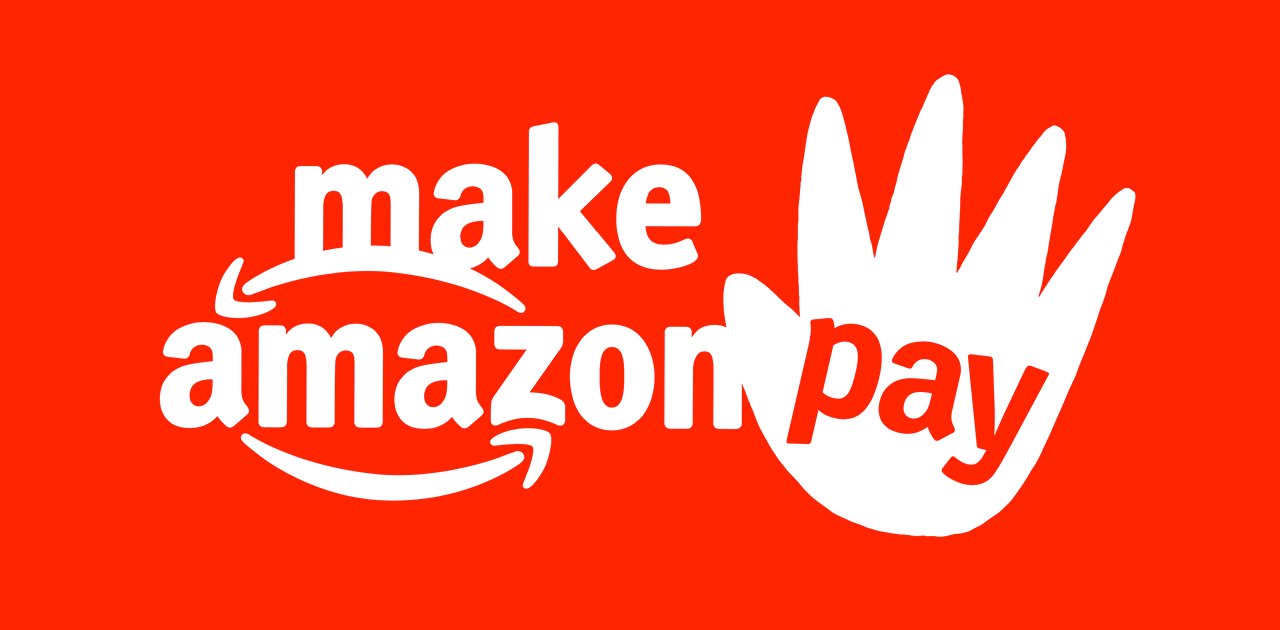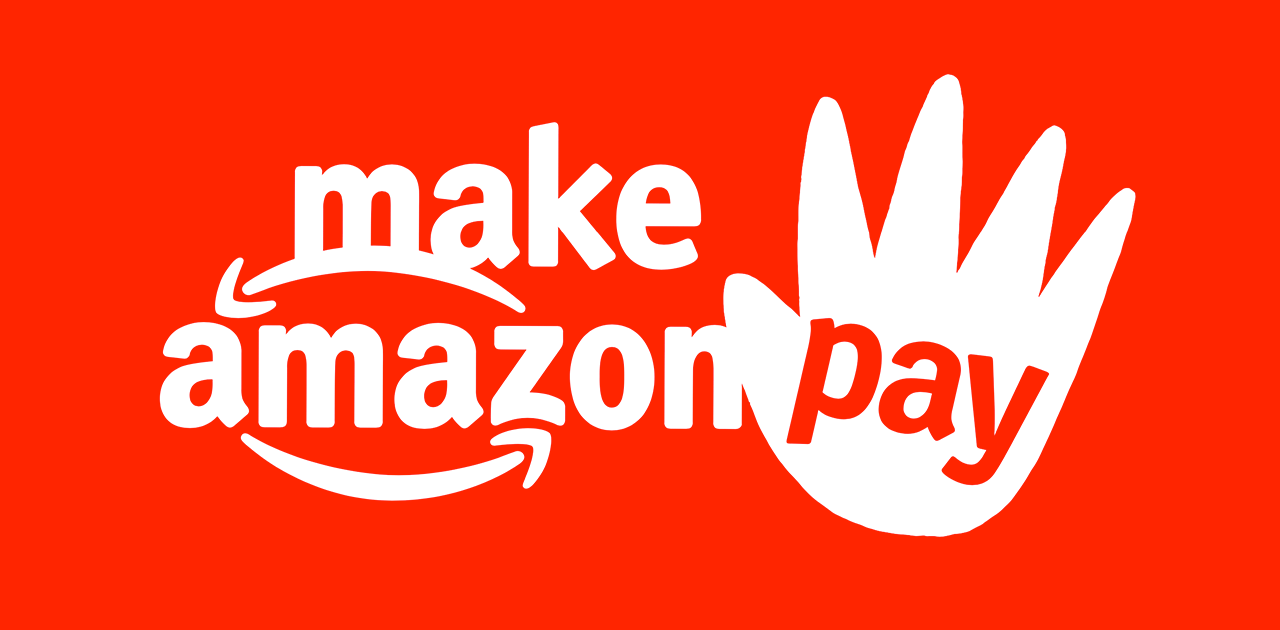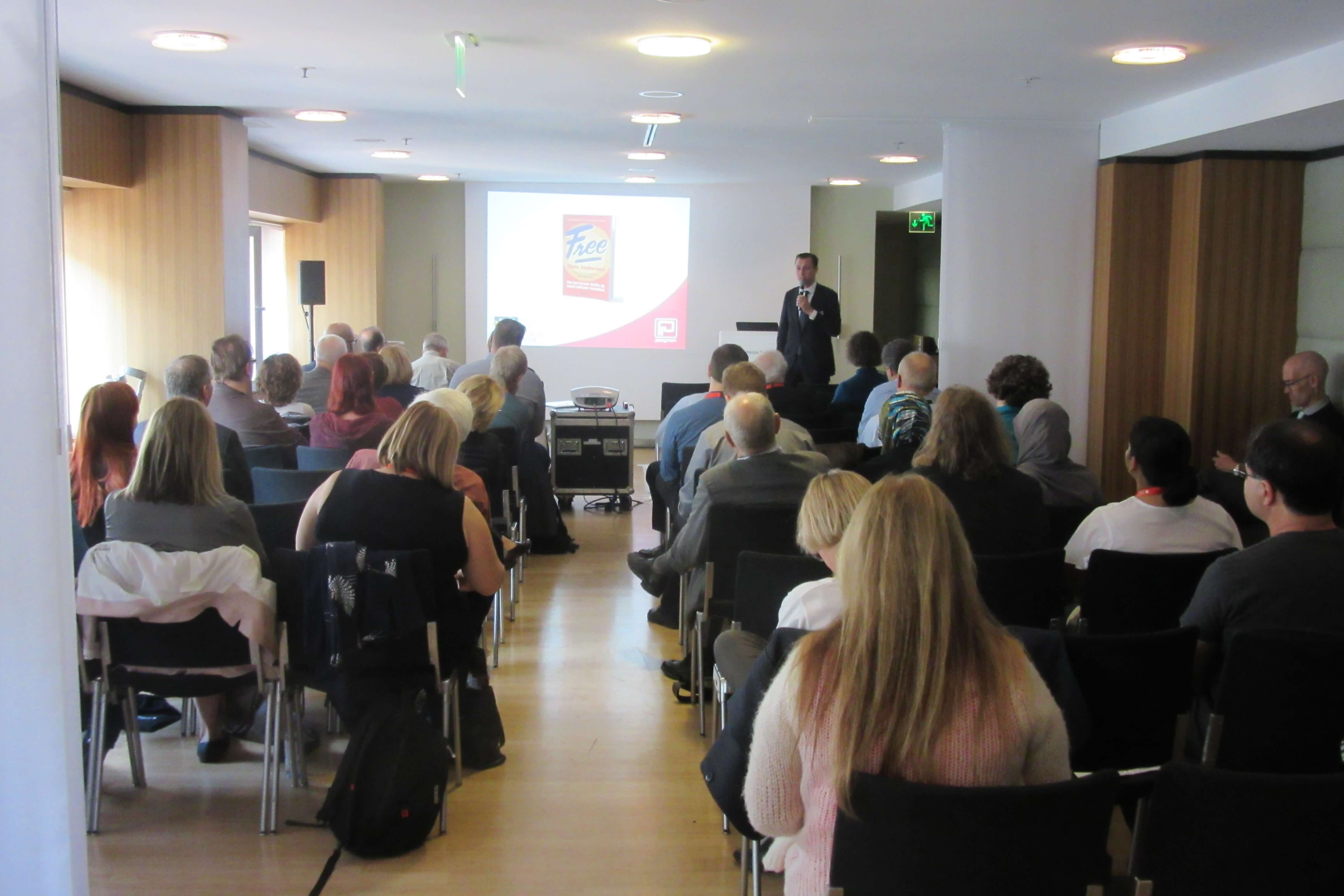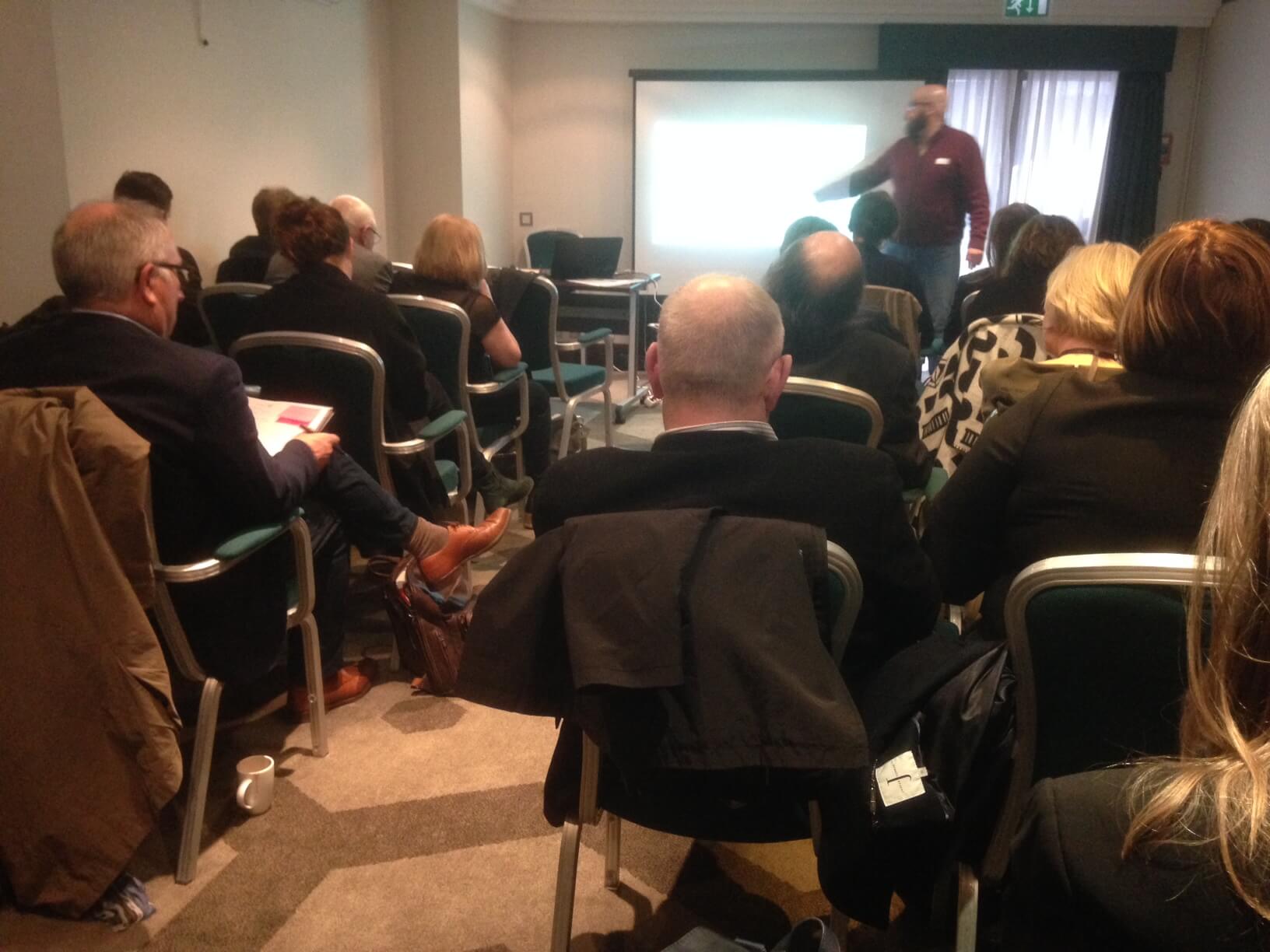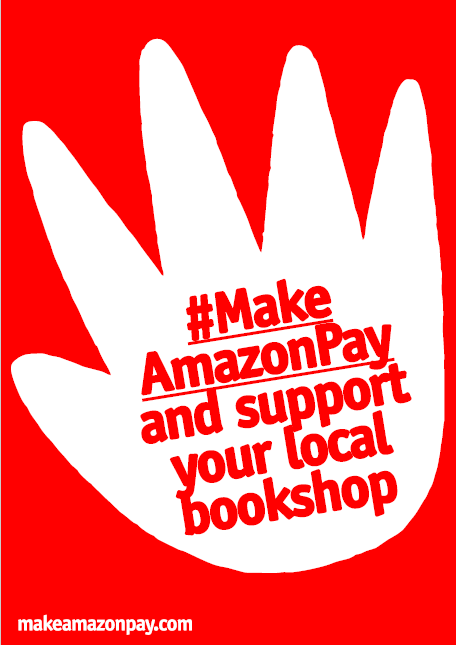EIBF at the 20th Winter Institute in Denver
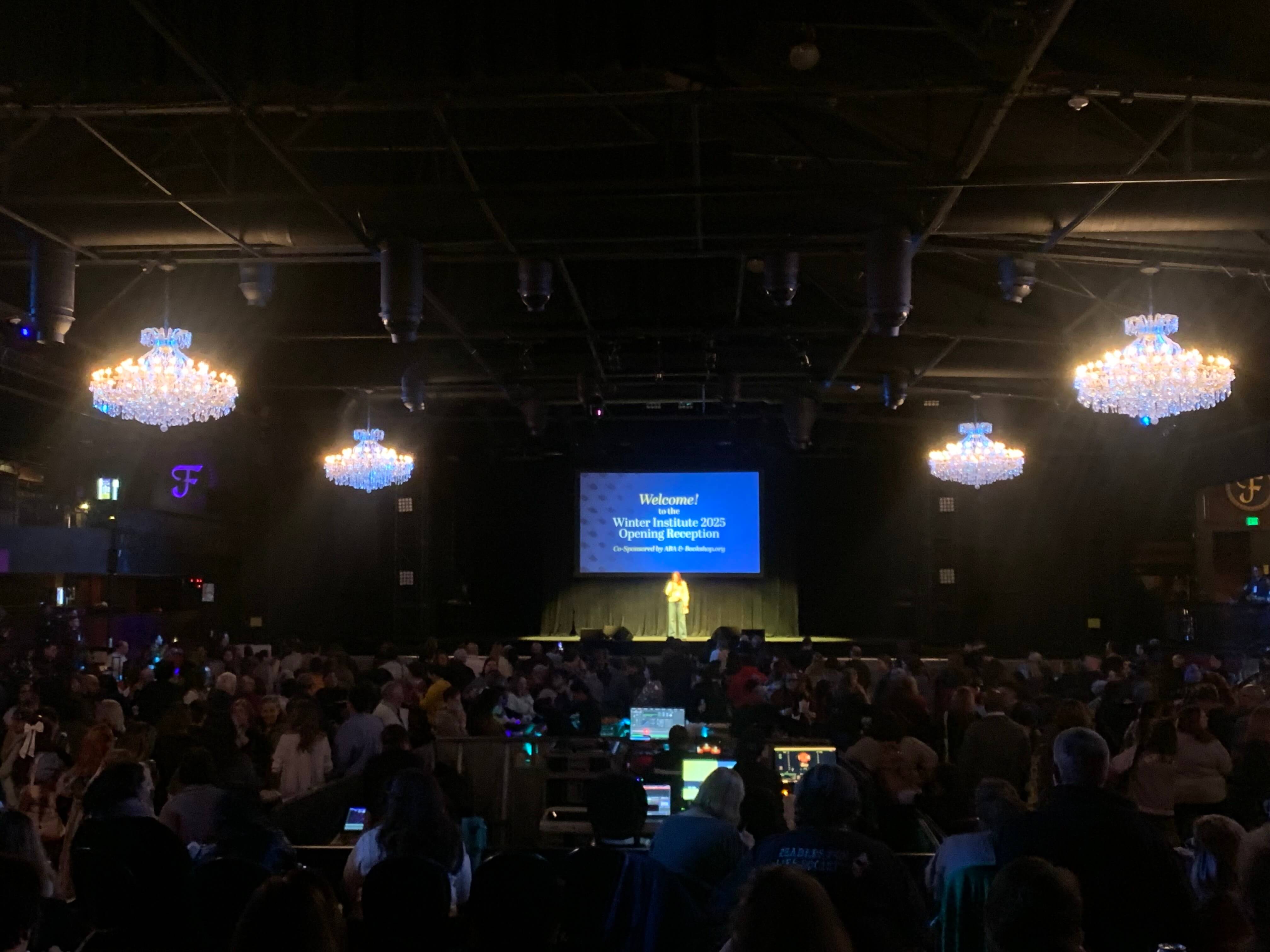
One week ago, EIBF’s Director, Julie Belgrado, attended the Winter Institute, the largest bookselling conference organized by the American Booksellers Association (ABA), held this year in Denver, Colorado, from February 23-26.
If you want to find out more about this year’s edition of the Winter Institute, we are happy to bring you some excerpts of the opening speech from the ABA's Director Allison Hill, where she thanked all the attendees, partners, booksellers and ABA employees, who made this conference such a great event, from its humble beginnings twenty years ago.
She also reminded that ABA and the Winter Institute serve as a place for conversation, dialogue and diverse voice in these difficult times. That is why this year’s edition of the Winter Institute ensured ample opportunities for socializing, connecting and community between different sessions.
Good morning! Happy Winter Institute! Happy Black History Month! Happy Respite from Breaking News. I’m Allison Hill, CEO of the ABA, and I’m really happy to see all of you together.
We are so glad you joined us here in the Mile High City for ABA’s 20th Winter Institute. Remember—THIS—started as a twinkle in the eye of Mitchell Kaplan, owner of Books & Books and former ABA Board president and it is INCREDIBLE what the ABA staff and all of you have grown it into. We appreciate you being here and we truly hope this week is a break from the daily pressures of running your business and from the weight of the world.
I need to take a moment to acknowledge that weight. I know many people have been feeling it, and I specifically want to acknowledge the siege that many in this room have been under this past month of daily proclamations and orders that attempt to erase or undermine you and your voices or the work that you do as booksellers, authors, and publishers. ABA stands with you. We will continue to champion diversity and equity in this industry, and to fight for the right to read and the right to freedom of expression.
This week is about celebrating all books and authors— Black, Indigenous, AAPI, Latino, Latina, Latinx, Hispanic, LGBQ, 2S+, Trans, nonbinary—white, straight, and cis. All books. Because great books are by everyone and they should be for everyone.
Our goal this week is to celebrate–because we need a little celebration right now–and to also offer you support for your work as booksellers with nuts and bolts, financial, and education sessions; energizing programming and networking; and opportunities to meet with business partners and publishers. We also want to support you as people–note the 30-minute breaks between sessions this year, the quiet room, the meditation and interfaith prayer room, affinity meet ups, and the many opportunities for connection and community.
Everyone in this room knows that authors and illustrators spin the world’s pain and joy and fear and love into gold. As booksellers, you are the keepers of this treasure, helping readers discover gold and enrich their lives. May this week remind all how tremendously valuable your work is—especially right now—and may it remind you how deeply grateful we are for all of you.
Now I’d like to express my gratitude to everyone who made this week possible.
I’d like to thank the authors and illustrators who are here to help us celebrate their books. You’re why we’re here, why we do what we do. You complete us.
I’d like to thank the booksellers who are sharing their time and experience for education this week.
I’d like to give a huge thanks to the ABA staff. You know, retail holiday season and how exhausted you are by the time Christmas Eve rolls around. Imagine getting through your holiday season and then Christmas Eve lasts 8 days. That’s what Winter Institute is like for ABA staff—thousands of hours, literally thousands of hours spent creating it, culminating with 8 long days here in Denver making it happen. They do this work because they love you and what you do—they love books and they love independent bookstores. So do me a favor, if you see ABA staff with their red ribbons on their badges, thank them, be patient with them, be kind. Believe it or not, this event is not as easy as it looks.
Lastly, I’d like to thank ALL of the publishers, everyone who supported this event with their money, authors, illustrators, representatives, editors—and their galleys—and for their ongoing support of the indie channel.
While I’m thanking publishers, I’d like to thank a group of publishers who are helping move this industry toward efficiency and innovation by participating in Batch for Books, a platform that provides indie bookstores with a free efficient way to manage publisher payments. You’ll recall that last year at Winter Institute ABA launched a campaign to lobby publishers and booksellers to sign up and I’m thrilled to update you. As of today, ABA would like to thank IPG, Microcosm Publishing, Arcadia Publishing, Blackstone Publishing, Gardner’s US, Penguin Random House, Macmillan, HarperCollins, Hachette, AND Simon & Schuster–ALL of whom are now participating in Batch.
So, booksellers, start your engines. Stop by the Batch table while you’re here and sign up. If you’re not sure it’s for you, stop by. If you have questions, stop by. I know you're independent—believe me, I know—but coming together on initiatives like this has the potential to transform this industry. And to the remaining publishers, we’re ready for you. Stop by the Batch table too.
[...]
The titles of Ocean Vuong’s books are poems unto themselves: Time is a Mother, Night Sky with Exit Wounds, On Earth We’re Briefly Gorgeous, to name a few. His new novel, The Emperor of Gladness is due out in May from Penguin Press and Colm Tóibín has said this about it: “a poetic, dramatic and vivid story. Epic in its sweep, the novel also handles intimacy and love with delicacy and deep originality.” It’s not surprising to hear praise for Ocean’s poetry and novels. His awards are many—the T.S. Eliot Prize, the Thom Gunn Award, longlisted for the National Book Award for Fiction, the Carnegie Medal in Fiction, the Academy of American Poets Prize, a Pushcart Prize, an American Book Award, and a MacArthur Genius Grant, to name a few. I could go on and on listing the numerous, well-deserved fellowships and awards bestowed upon Ocean and his work.
But as a poetry lover this is what I want to share with you:
Ocean illuminates themes of displacement, identity, and belonging. He gives voice to transformation, desire, and violent loss. His work is informed by his unique experiences but expresses the universal vulnerability of the human condition. He does all of this in language that sounds like music and a reading experience that feels like an intimate conversation with someone you love dearly. Foreign Policy Magazine named Ocean to their 2016 100 Leading Global Thinkers list—I’m guessing it’s not a common honor for a poet and novelist, but when you consider the deep thinking and global perspective reflected in Ocean’s work, it’s not surprising.
We are honored to have him with us to open Winter Institute. Please join me in welcoming Ocean Vuong.



